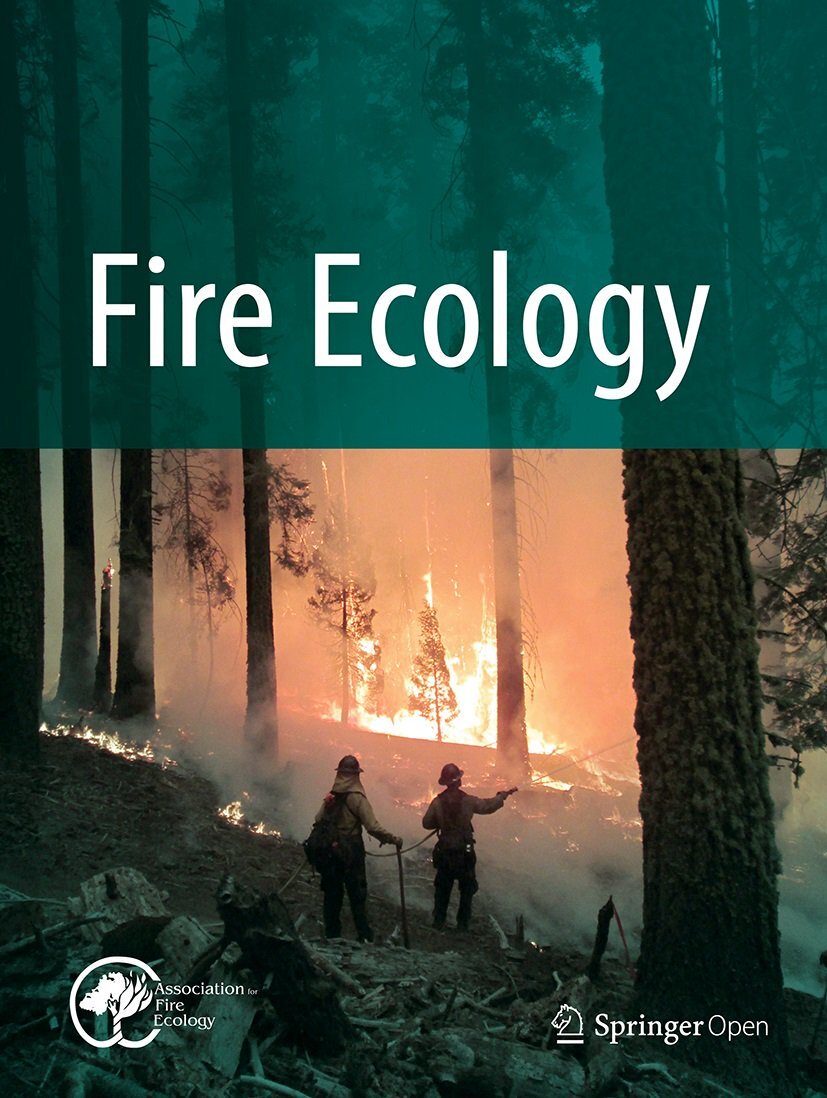Fire Ecology Jounal’s Newest Collection: Social Science
Understanding the impact of wildfire is impossible without understanding its grounding among the people who live and work in environments that burn. The challenges of coexisting with fire span diverse temporal and spatial scales in a climatically and demographically altered world. They are also underpinned by a history of social, structural and systemic relationships that are often riven by inequity. It is therefore important to listen to and learn from diverse local, Indigenous and official experiences when seeking to understand perceptions of risk, drivers of policy and management practices, and the complex behavioral patterns of wildfire preparedness, response and recovery.
The Fire Social Science section of Fire Ecology welcomes contributions from any social science discipline and related interdisciplinary research. While qualitative, quantitative, mixed-methods and theory-based research will be considered, we particularly encourage articles based on rich empirical fieldwork. By empirical we mean work that is based on in-depth analysis of lived experiences, observations, narratives and other forms of data collected by researchers using social scientific methods, including art-based and Indigenous ways of knowing. Submitted articles must advance established knowledge, and authors should clearly demonstrate how they draw on, bridge a gap in, or extend existing fire social science scholarship internationally, including any contributions to theory development. Some papers may address United Nations Sustainable Development Goals 3: Good Health & Well-Being, 4: Quality Education, 5: Gender Equality, 8: Decent Work, 10: Reduced Inequalities, 11: Sustainable Cities, 13: Climate Action, 15: Life on Land, 16: Peace, Justice and Strong Institutions, and 17: Partnerships for the Goals.
Students and Early Career Researchers (especially SAFE members) are encouraged to submit their research to this collection and take advantage of the SERC incentive. Details about the SERC incentive can be found in the descriptive text of each article type.




